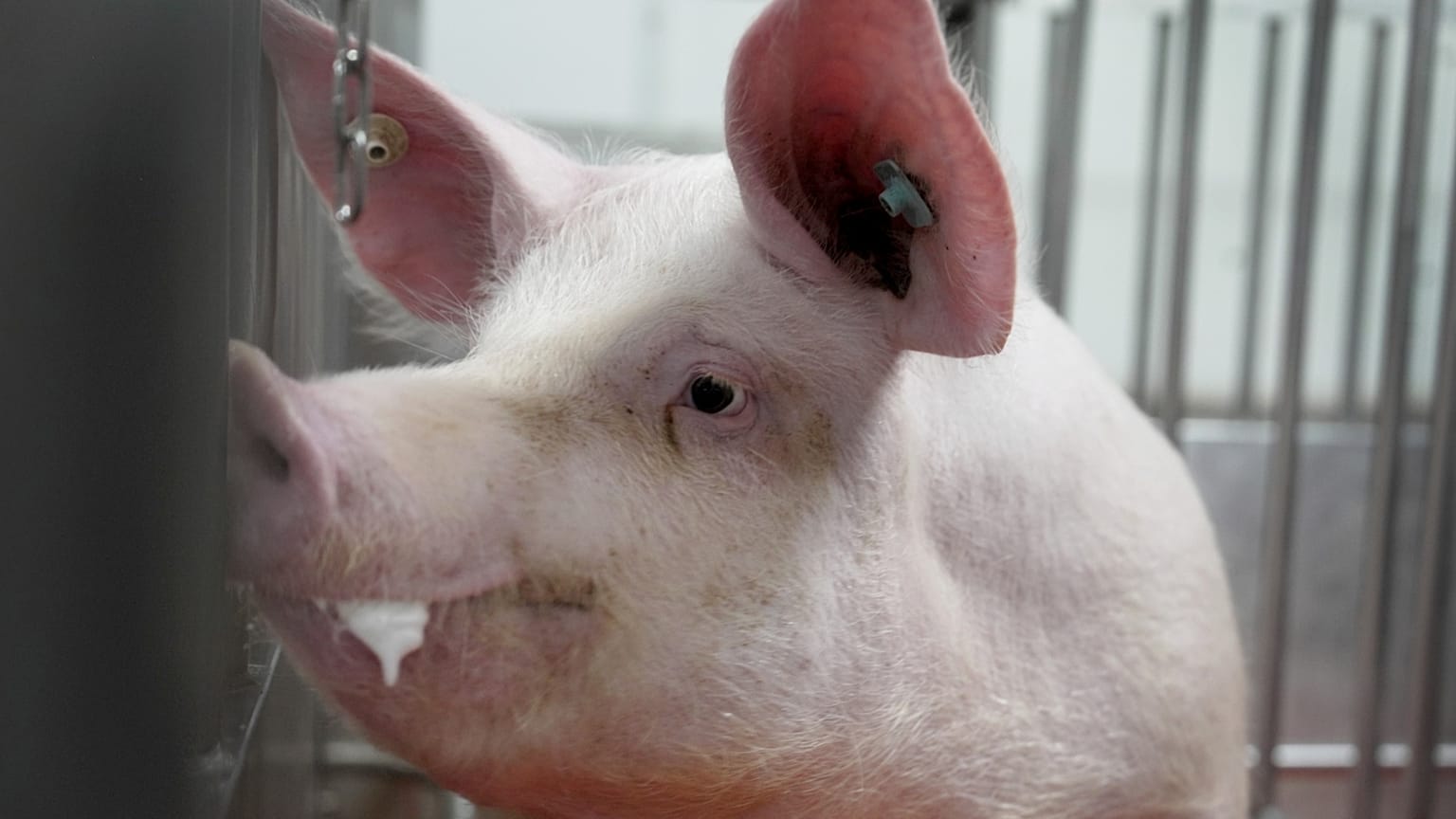Science
First Clinical Trial of Pig Kidney Transplants Begins in US

The first clinical trial involving the transplantation of pig kidneys into humans has commenced in the United States. United Therapeutics, a company specializing in gene-edited pig organs, announced the successful completion of the initial transplant at NYU Langone Health in New York City. This milestone marks a significant advancement in the pursuit of xenotransplantation, the process of transplanting organs from animals to humans.
Details of the Trial
The trial is being conducted under the oversight of the U.S. Food and Drug Administration (FDA) and follows a series of “compassionate use” transplants that yielded mixed outcomes. The first two attempts at gene-edited pig kidney transplants were short-lived, prompting researchers to refine their approach. The current trial will initially involve six participants, with the potential to expand to 50 as additional transplant centers join the initiative.
Dr. Robert Montgomery, who leads the transplant team at NYU, confirmed that there is considerable interest from other patients willing to participate in the trial. To maintain the privacy of participants, specifics regarding the timing of the surgeries and patient identities have not been disclosed.
Progress and Future Prospects
Previous transplants have shown varied results. A woman who received a pig kidney at NYU was able to keep the organ functioning for 130 days before resuming dialysis. Another case at Massachusetts General Hospital set a new record, with a pig kidney lasting 271 days before the patient also returned to dialysis. Currently, more than 100,000 individuals in the United States are on the transplant waiting list, with thousands succumbing while awaiting a suitable organ.
The European landscape reflects a similar challenge; over 10,000 individuals are on kidney waiting lists across a group of eight countries, according to the Eurotransplant International Foundation. As scientists continue to explore xenotransplantation, they are genetically modifying pigs to produce organs that more closely resemble human anatomy. This involves removing specific pig genes responsible for early rejection and excessive growth, while incorporating human genes to enhance compatibility.
Dr. Montgomery noted, “This thing is moving in the right direction” as medical professionals learn from each transplant’s outcome. The ability to revert to dialysis provides a safety net for patients, allowing them to seek new solutions while navigating these experimental procedures.
As the trial progresses, the implications for those in need of kidney transplants could be profound, potentially opening new avenues for treatment. The ongoing research highlights the urgency and necessity of innovations in organ transplantation, particularly as traditional methods struggle to meet demand.
-

 Top Stories2 months ago
Top Stories2 months agoTributes Surge for 9-Year-Old Leon Briody After Cancer Battle
-

 Entertainment3 months ago
Entertainment3 months agoAimee Osbourne Joins Family for Emotional Tribute to Ozzy
-

 Politics3 months ago
Politics3 months agoDanny Healy-Rae Considers Complaint After Altercation with Garda
-

 Top Stories3 months ago
Top Stories3 months agoIreland Enjoys Summer Heat as Hurricane Erin Approaches Atlantic
-

 World4 months ago
World4 months agoHawaii Commemorates 80 Years Since Hiroshima Bombing with Ceremony
-

 Top Stories2 months ago
Top Stories2 months agoNewcastle West Woman Patricia Foley Found Safe After Urgent Search
-

 Top Stories4 months ago
Top Stories4 months agoFianna Fáil TDs Urgently Consider Maire Geoghegan-Quinn for Presidency
-

 World4 months ago
World4 months agoGaza Aid Distribution Tragedy: 20 Killed Amid Ongoing Violence
-

 World4 months ago
World4 months agoCouple Convicted of Murdering Two-Year-Old Grandson in Wales
-

 World4 months ago
World4 months agoAristocrat Constance Marten and Partner Convicted of Infant Murder
-

 Top Stories3 months ago
Top Stories3 months agoClimbing Errigal: A Must-Do Summer Adventure in Donegal
-

 Top Stories3 months ago
Top Stories3 months agoHike Donegal’s Errigal Mountain NOW for Unforgettable Summer Views









